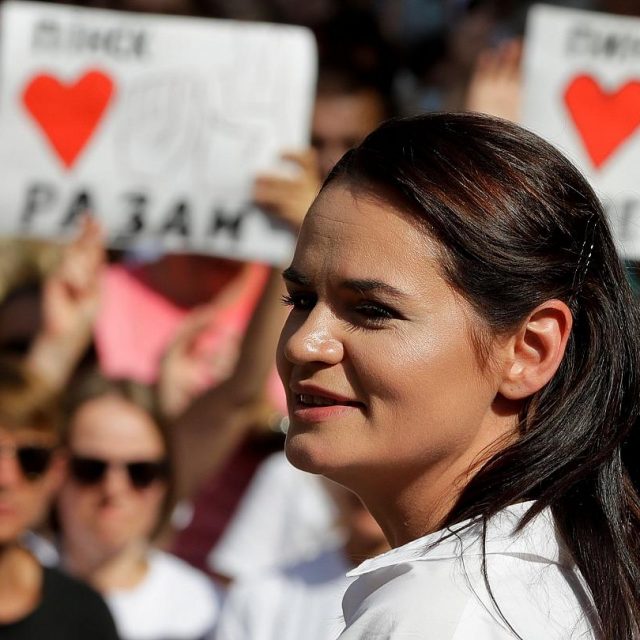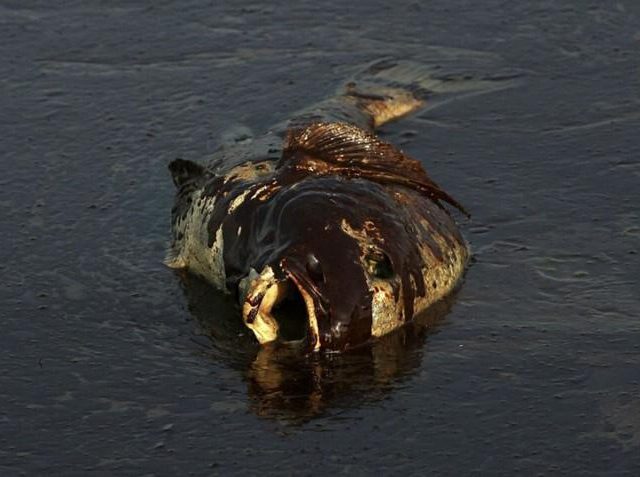Photo by Josh Appel on Unsplash
Former MEPs are locked in a bitter legal wrangle with the European Parliament over their EU pensions.
One former MEP told this website “it is amost inexplicable and unjustified legacy” to cut the pensions of over 900 former MEPs “by 50 per cent and without notice or consultation.”
The current European Parliament is in recess for the EU elections on June 6-9.
The former MEPs say they had all paid into the parliament’s voluntary contributory scheme during their mandate after it was set up in 1990 as a savings fund in the absence of any pension scheme for many MEPs.
In 2009 the European Parliament voted to close it to new entrants. This ensured, according to some of the ex-MEPs, that “in time it would no longer be solvent.”
Parliament said it would sustain the fund financially and legally when the new and long-negotiated MEPs’ ‘Single Statute’ entered into legal force.
The former MEP, who did not wish to be named, said, “By contrast, this month’s outgoing MEPs have made no contributions yet voted themselves and their successors a pension four times more generous, entirely taxpayer-funded, and payable at age 63 instead of 67.”
An estimated 50 per cent of those affected by the cut have taken the issue to the European Court of Justice, claiming that the cost to the taxpayer of a former MEPs’ pension with 15 years’ service is €383,293 while the cost of the current MEPs’ pension is €1,377,545.
The issue was highlighted in a letter, dated 18 October 2023, from a former German President of the parliament, Dr Klaus Hansch, who chairs the MEPs’ Former Members Association (FMA).
Hansch, President, from 1994-1997, sent the letter to the parliament’s current President, Maltese Roberta Metsola, who chairs its governing Bureau.
It read: “I am writing to you to express my concern about the decision taken by the Bureau of Parliament on 12 June 2023, adopting measures regarding the MEPs’ pension scheme.”
It went on, “Since the decision was published and forwarded to the members of the Pension Fund, many of our Association members have conveyed to us their alarm and disbelief upon learning its content.”
“I would like to point out that about 200 members of the Pension Fund are also members of the Association, which has some 700 members in total. It is my deep duty and responsibility to convey to you the concerns of our colleagues who express their deep unease and distress.”
“At the last Board meeting of the Association, the issue was discussed at great length and a consensus emerged, which questioned the method used to arrive at this decision, which has devastating repercussions on members who receive such a pension.”
It adds, “In some cases, the decision has serious consequences not only for former MEPs and their families, but in some cases also for the widows or widowers and orphans of former MEPs.”
“Whilst acknowledging the due respect we owe to yourself, as President, and to the Bureau, as a decision-making body, we consider the method used to be excessively brutal, affecting the dignity of former MEPs. In particular, many members disapproved of the fact that a sudden decision was made behind closed doors without a democratic and transparent debate on such an issue, which is very dear, not only to the Former Members involved, but also to current Members.”
The letter states, “It is unacceptable that there should be unequal treatment between all members, past and present. This decision can only give the impression that there is discrimination between Members, all of whom have served the same institution with devotion and trust. It is necessary to show all our colleagues that Parliament also cares about them, and their dependents, as human beings with their duties but also rights.
“These are rights and social justice for which Parliament continues to fight daily.”
A reply was sent by parliament’s President Roberta Metsola, and dated 7 December 2023.
It reads, “I understand your disappointment with the Bureau’s decision of 12 June 2023 on the voluntary supplementary pension scheme for Members of the European Parliament and I take note of your arguments.”
The Maltese MEP adds, “However, as President of the European Parliament, I have no authority to unilaterally call into question decisions adopted by the Bureau, nor to comment on the way in which the Bureau discussed and decided the matter.”
“I would nevertheless like to take the opportunity to draw your attention and that of the Association’s members to the fact that the measures adopted by the Bureau contain a clause to ensure the proportionality of the measures, taking into account individual cases.”
“Consequently, beneficiaries who find themselves in a financial situation that places them below the at-risk-of-poverty threshold, as established, where appropriate, by Eurostat, may apply to the Quaestors of the European Parliament for an increase in the pension.”
However, the former long-standing MEP who spoke to this site about the issue said, “I am not alone in believing that the FMA must take a firmer and more informed position than the letter which was sent to President Metsola.”
“Her reply seems to try to justify that former MEPs should be expected to live just above the ‘poverty threshold’ which is a repugnant proposal. I have telephoned many older former Members and can report widespread despair at even the 50% pension cut.”
“Former Members contributed in good faith, many from their lump sum General Expenditure Allowance.
He added, “Today’s MEPs, who make no contributions but have voted for much higher pensions and other benefits, have recently attempted to block by 100% the payments to Voluntary Pension Fund beneficiaries. This, like the 50% cut, would be contrary to natural justice and illegal in most EU Member States, hence our ongoing action in the European Court of Justice.“
An EU source said “The fund provided a complement to various national schemes and ensured a pension for those few nationalities where no pension was ensured. Since then, the Bureau has been and is monitoring this issue of the supplementary pension fund alongside the Budgetary control and Budget parliamentary committees.”
“In line with recommendations of the parliament’s plenary, in the past years, the Bureau intervened on several occasions to improve the financial sustainability of the fund.”
An EU parliament spokesman declined to comment on the case and, with reference to the ECJ issue, said, “The Parliament does not comment on ongoing court cases.”




